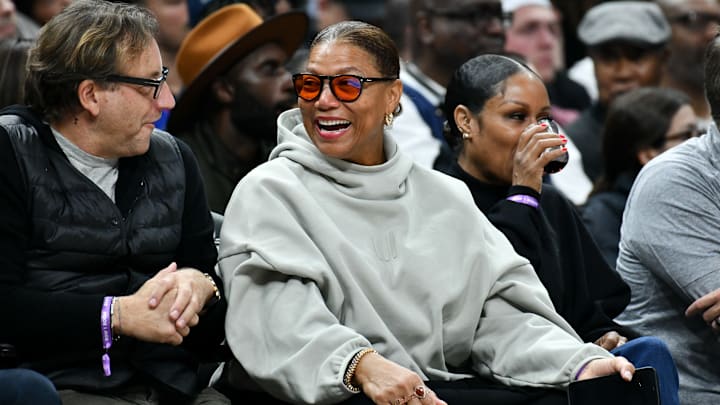Hip-hop is a genre of music that originated in the United States in the 1970s. It has since grown to become a global phenomenon, with millions of fans around the world. The genre has been shaped by many artists over the years, but few have had as much of an impact as the early black hip-hop artists like Grandmaster Flash, Run-DMC, and Queen Latifah.
The dawn of a new era: Grandmaster Flash

Emerging in the late 1970s, Grandmaster Flash, born Joseph Saddler, is credited as one of the foremost innovators of hip-hop DJing as an art form. His innovative techniques, such as backspinning, scratching, and mixing, helped define the backbone of any hip-hop song. His influence on the genre is so profound that New York City Mayor Eric Adams declared August 4th as Grandmaster Flash Day.
Breaking barriers: Run-DMC

Run-DMC, formed in 1983, played a pivotal role in bringing hip-hop into the musical and cultural mainstream, introducing what became known as 'new-school' rap. Their music, raw and powerful, discussed rising poverty in inner cities and encouraged black education among youth. They were the first rap group to be nominated for a Grammy Award and the first to strike an endorsement with a major corporation. Their influence extended beyond music, changing the entire aesthetic of hip-hop culture.
Empowering voices: Queen Latifah

Queen Latifah, a name symbolizing power and strength, has been a significant influence on R&B, soul, and hip-hop artists. She challenged sexist ideals in the hip-hop industry, which was primarily dominated by men during her time. Her music incorporated Afrocentric ideals and centered black women within her lyrics. Beyond music, Queen Latifah's influence on black culture stretches back decades, and she has been a trailblazer in TV and film.
The combined impact
These trailblazing artists collectively rewrote the narrative of hip-hop, transforming it from a niche musical movement into a cultural phenomenon. Grandmaster Flash's pioneering DJing techniques laid the groundwork for the genre's sonic landscape, influencing DJs and producers across generations. Run-DMC's raw and socially conscious lyrics not only earned them Grammy nominations but also pushed the boundaries of hip-hop's thematic scope. They set a precedent for rap groups, demonstrating the genre's potential for social commentary and advocacy.
Queen Latifah, with her empowering messages and unwavering confidence, shattered gender norms within the hip-hop industry. Her impact extended beyond the music itself, influencing the perception of women in the genre and paving the way for future female artists. As an actress and entrepreneur, Queen Latifah continued to break barriers, showcasing the multifaceted nature of black excellence.
A lasting legacy
The contributions of these pioneering black hip-hop artists have been instrumental in shaping the genre as we know it today. Their music not only broke barriers but also addressed social issues, empowering communities and influencing generations of artists. Grandmaster Flash, Run-DMC, and Queen Latifah's indelible impact resonates through the beats and lyrics of contemporary hip-hop, reminding us of their enduring legacy and the transformative power of music.
